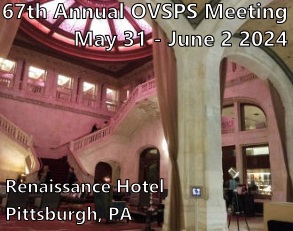<< Back to the abstract archive
Use of autologous skin cell suspension improves clinical outcomes and patient charges in large burns
Steffi Sharma, MD
Djoni Elkady, BS, BA
Brandon Larson, MD
Richard B. Lou, MD, FACS
Anjay Khandelwal, MD, FACS, FICS
Akron Children's Hospital
2023-01-31
Presenter: Steffi Sharma
Affidavit:
I, Dr. Anjay Khandelwal agree to the above statement.
Director Name: Dr. Anjay Khandelwal
Author Category: Fellow Plastic Surgery
Presentation Category: Clinical
Abstract Category: General Reconstruction
Introduction
The use of autologous skin cell suspension (ASCS) is an adjunct to the standard of care for definitive wound closure for burn patients. Several published predictive models have indicated theoretical reductions in length of stay (LOS) and hospital costs, however, no studies comparing a single institution's clinical and surgical results, and patient specific, inflation adjusted, cost/charge data prior to and after utilizing ASCS.
Methods
A retrospective study was conducted that included 163 patients with >10% total body surface area (TBSA) burn from January 2017 to July 2022. Study groups included were a) the current standard of care (SOC): split thickness skin grafting (STSG, n=66) and local wound care (n=26) and b) patients who underwent ASCS, either alone (n=12) or patients who underwent a combination of ASCS with STSG (n=59). Primary outcomes measured were length of stay (LOS), length of stay per TBSA, total area grafted, number of surgical procedures, post-operative complications, wound infections, days on antibiotics and charges per TBSA. Statistical analysis including regression modeling was performed.
Results
Significant difference between those treated with ASCS versus SOC included 30% reduction in LOS per TBSA, fewer surgical procedures and fewer post-operative complications. On average those treated with ASCS had $2300 cost saving per TBSA, fewer reconstructive procedures, graft failure and fewer days on antibiotics.
Conclusions
This is the first study to demonstrate actual differences in multiple clinical/surgical outcomes and patient charges in those treated with ASCS with the SOC.



